Apartment Homesteading For Beginners
Homesteading has become a popular lifestyle choice for those lucky enough to have land in the countryside, but what about the rest of us? If you, like myself, choose to live in a more urban environment, this guide to apartment homesteading for beginners is for you!
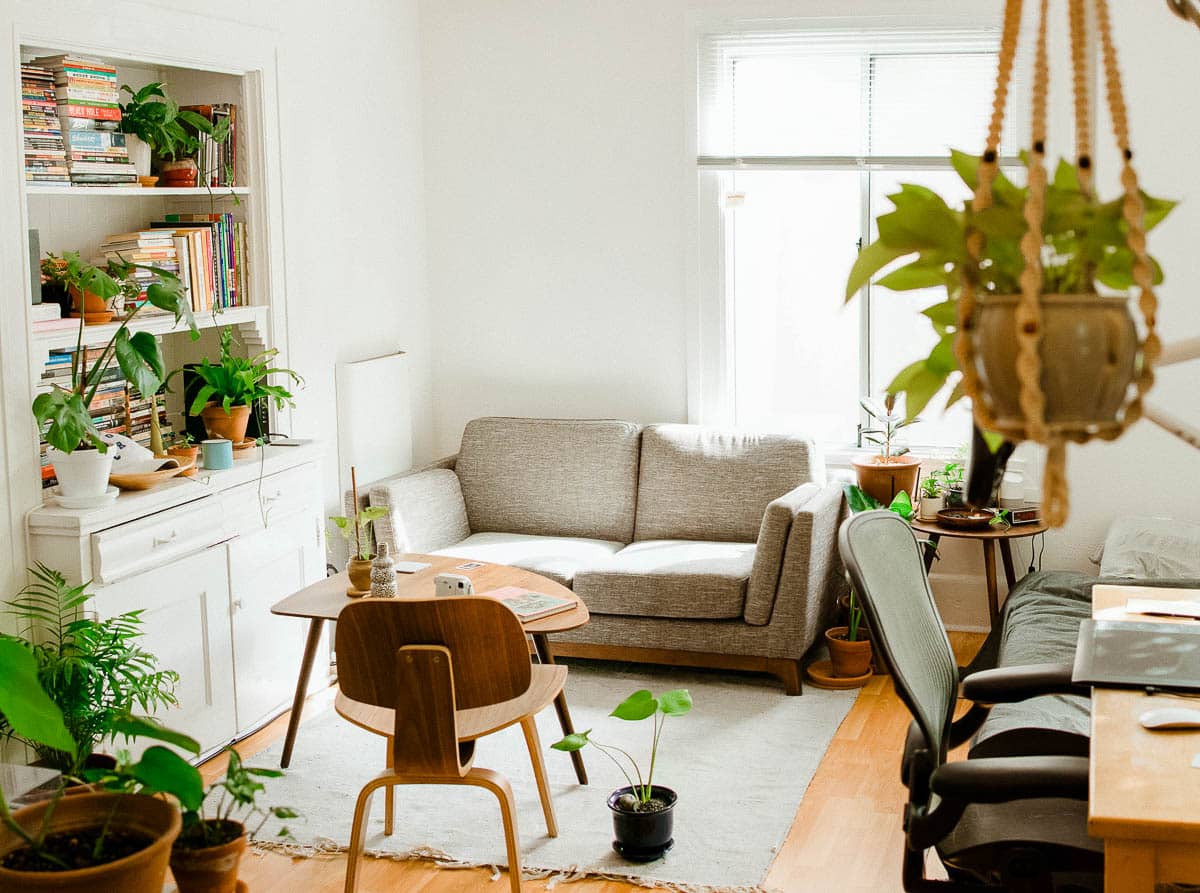
You can learn to be more self-sufficient no matter where you live! There are so many simple and creative ways to save more, waste less, and live more sustainability.
I’m relatively new to apartment homesteading, but it’s quickly becoming something I feel passionate about. Since I’m still figuring out my apartment homesteading style, I wanted to share some of my favorite urban homesteading ideas for beginners.
Homesteading Mindset
While it’s not talked about nearly enough, apartment homesteading is not only possible but practical! You don’t need a farm, a large plot of land, or a massive cellar to start implementing the principles of homesteading.
Ultimately, homesteading is a state of mind. If you want to save money, find new ways to be self-sufficient, and live a simple and sustainable life, you already possess the homesteading mindset!
Why Homestead In An Apartment?
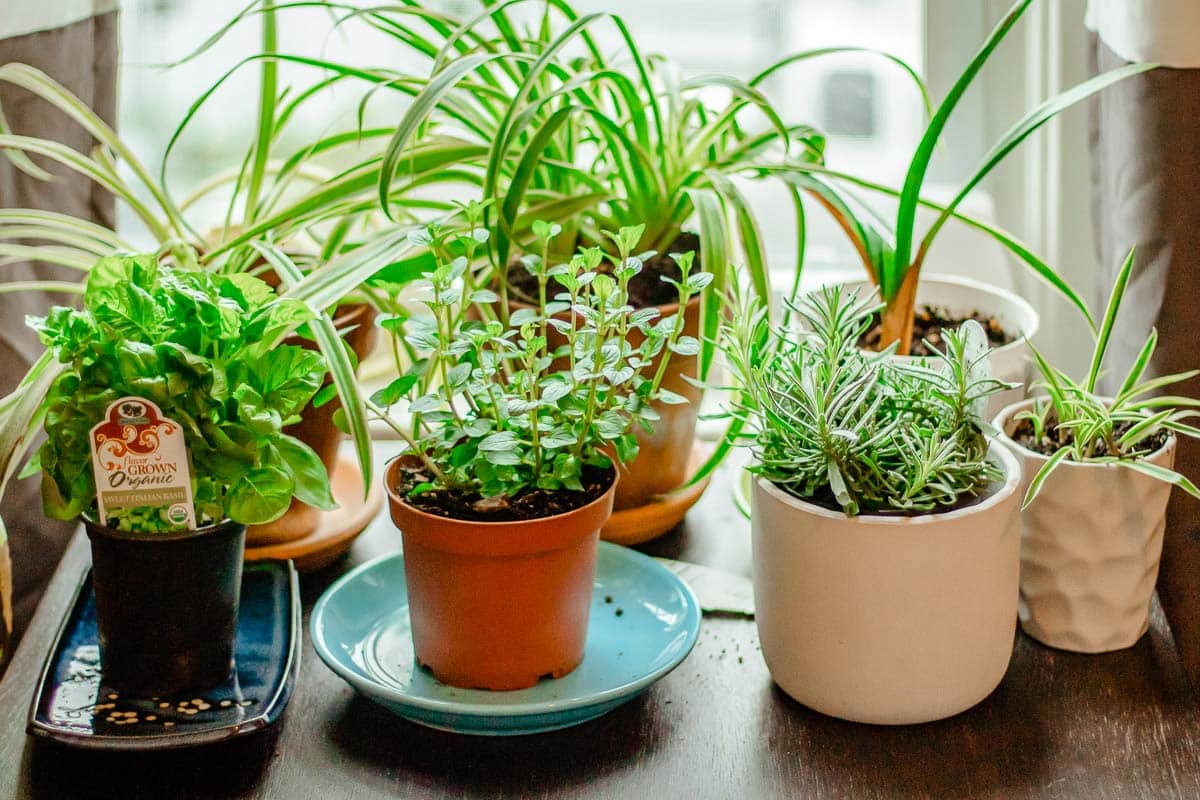
So what are the benefits of apartment homesteading? Well, to name a few:
- Homesteading offers a lot of ways to cut expenses and save money.
- You can learn new ways to become self-sufficient.
- Sustainable living is good for the planet!
- Homesteading helps support a healthy lifestyle.
- You may even discover new hobbies, skills, and passions on your urban homesteading journey!
How To Get Started
If you’re thinking of adopting the urban homesteading lifestyle, I recommend that you ask yourself why. What are your goals? Are you looking to develop new skills? Are you motivated by saving money? Figure out what homesteading in an apartment or small home looks like for you, and then begin implementing your new homesteading practices at whatever pace feels natural to you.
I have created this in-depth list of my favorite apartment homesteading ideas for beginners. Look it over and see what ideas stand out to you, and what will work well with your lifestyle!
Make Your Own Kitchen Staples
One of the best ways to begin your urban homesteading journey is by learning to make your own kitchen staples. I’m barely scratching the surface, but here are some easy foods you can make rather than buy.
Bread

Making bread at home is super simple, and it’s healthier than storebought bread! Whether you use a bread maker or the oven, homemade bread only requires a few ingredients to make.
Dairy
You can make a lot of dairy products at home! Butter, yogurt, cheese, mayonnaise, buttermilk, ghee, and even ice cream are all things you can make from scratch! Personally, I’m a huge fan of this yogurt maker that makes up to 7 jars of yogurt overnight!
Nut Butter & Milk
Have you ever tried making your own nut butter? It’s actually extremely easy! In a matter of minutes, you can make your own peanut butter, cashew butter, or even pumpkin seed butter! All you need is a food processor.
You can also make your own almond milk (or any other nut milk) at home just as easily! Homemade almond milk tends to be so much richer and creamier than what you can find at the store. I like to use mine to make chia seed pudding!
Broth



Stop throwing out your vegetable scraps! I’m talking skin, stems, and any other vegetables that are about to go bad. Toss them in a reusable freezer bag and when the bag is full you can pour it into a pot and make a nutritious and flavorful broth! You can also include bones from chicken, pork, beef, or any other meat to make it even more flavorful.
Learn To Can Food
Canning is a great skill to have if you’re interested in preserving foods. Canned foods can last on the shelf for months, or even years longer than they would otherwise last. All you need is a canning kit, mason jars, and a pot deep enough to boil everything in!
Pickles
I pickle everything! Cucumbers, carrots, peppers, lemons, baby corn… The list goes on. Pickle-making has become one of my new favorite hobbies and it is so much easier than I ever knew it could be! This is a simple and fun urban homesteading skill for beginners to try.
Pro tip: Canned homemade pickles make great gifts!
Fermented Foods
Learning to ferment food is one of the most useful skills I’ve learned since I got started with apartment homesteading. I eat a lot of cabbage so sauerkraut and kimchi are absolute staples in my house, but you can experiment with all kinds of fermented foods!
Salsa
Making and canning salsa is a great way to use up vegetables before they spoil. If you love salsa, check out this salsa borracha (drunken serrano salsa) recipe.
Jams
Just like making salsa is a great way to save vegetables before going bad, jam is a great way to use up fruits! Jam-making is another great skill for urban homesteading beginners to experiment with and also makes a great gift!
Grow Herbs


You don’t need a garden to grow herbs! You can set up a kitchen herb garden, or balcony/patio garden if that works better for you. I always have some green onions growing on my windowsill, but you can also grow sprouts, microgreens, basil, dill, chives, and even some vegetables in pots.
If growing herbs in your apartment isn’t realistic, finding a local community garden is a great alternative.
Homemade Dog Food
Dog food is always so expensive, so I’ve started making a lot of dog food and dog treats from scratch. There are so many different recipes you can try out, and nearly all of them are far more nutritious for your pup than storebought food.
Learn To DIY
Homesteading is all about being self-sufficient, so learning any kind of DIY is really valuable for urban homesteading beginners.
Natural Aromatherapy
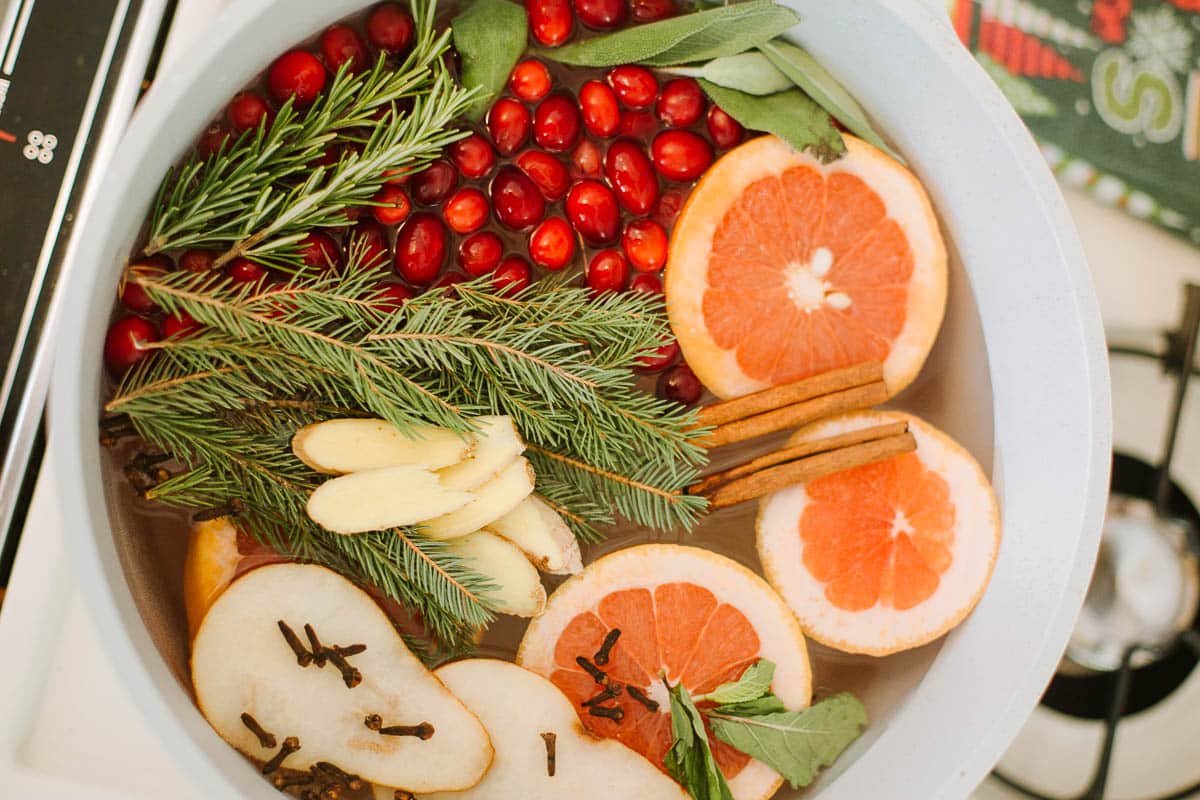
We all love a good candle, but a lot of them are pretty pricey and contain chemicals that aren’t great to be breathing in. There are lots of natural and cost-effective ways to enjoy aromatherapy, like simmer pots, potpourri, pomander balls, and even baking cookies. In spring I like to make essential oils and use them with an essential oil diffuser.
Herbal Remedies
In addition to essential oils, you can use herbs to make tinctures, salves, and all kinds of herbal medicine. While traditional Western medicine certainly has its place, making herbal medicines for simple illnesses and infections is a great way to be more self-reliant. Salve-making has become one of my mom’s big hobbies. Check out her Etsy shop!
DIY Cleaners
You can make your own household cleaners with things you already have around the house like vinegar, baking soda, lemon juice, and other natural ingredients. This can save you a lot of money in the long run and you won’t have to worry about any harsh chemicals.
Beauty Products
We all want to look our best, but a lot of beauty products cost a small fortune. There are so many beauty and bath products you can make at home, and it’ll save you a lot of money (and reduce packaging waste)! Here are a few I recommend for urban homesteading beginners to try out:
- Soap
- Shampoo & conditioner
- Lip balm
- Hand sanitizer
- Perfume
- Sugar scrub
- Moisturizer
- Batch sachets (these are so fun to make! Every time I make tea I save the tea leaves, dry them overnight, and then use them, along with Epsom salts and essential oils, to make bath sachets.)
Pro tip: Did you know rice water has a ton of amazing benefits for your skin? A Korean friend of mine gave me this tip and I’ve been doing it ever since: After rinsing white rice, save the rice water in a mason jar. You can apply it to your face and hands daily, and it’ll keep in the fridge for up to a week.
Household Crafts
I am a firm believer that every adult needs to have at least one hobby that they make time for regularly. It’s great for your mental health, and there are a lot of hobbies that are practical as well as fun.
Learning to crochet, knit, or sew can be a great way to limit your need to buy clothes, blankets, and things of that nature. If that’s not your thing, there’s a whole world of useful hobbies to explore like woodworking, painting, pottery making, flipping furniture, and making decorations like this really cool dried orange slice garland.
Reduce Waste
Sustainability is another one of the key values of homesteading, so reducing waste of any kind (not just trash) is a big part of the lifestyle!
Save Foods Before They Expire
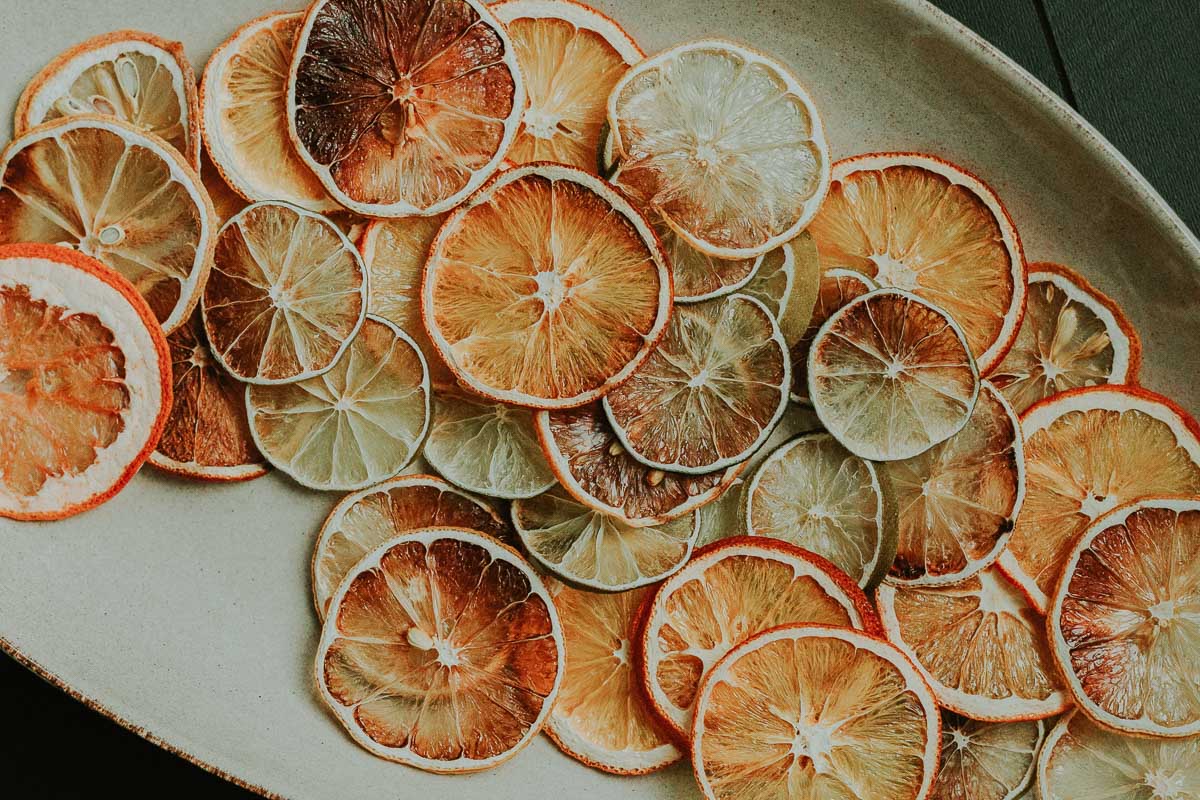
When I purchase food it often comes in large quantities that I can’t possibly finish by myself before it starts going bad. This is why it’s so important to learn ways to preserve food before it expires and needs to be thrown out!
Freezing
The most obvious way to save food from expiring is by freezing it, right? Did you know that if you freeze citrus fruits like oranges, lemons, and limes they produce more juice when thawed? The zest also tends to be more flavorful after being frozen. Tomatoes can also be frozen, and although they may not return to their original texture, you can use them to make pasta sauce and soups!
Pro tip: My favorite thing to freeze is soup, hands down. I make a lot of soups and freezing individual portions ensures that I have plenty of quick meals at the ready!
Dehydrating
Dehydrating food is another great way to reduce food waste! Plus, you can make some amazing snacks this way. Beef jerky is a classic, but why stop there? You can also make banana chips, apple chips, or, my favorite, pineapple chips!
Getting Creative
If you like to experiment in the kitchen, you can learn so many creative ways to use up food so that nothing goes to waste! Here are some of my favorite tricks:
- You can blend canned beans to make a base for a thick, high-protein pasta sauce. Hummus also works really well!
- Dragon fruit is delicious, but it’s too bad the skin goes to waste. Use it instead to make dragon fruit skin jelly!
- When you finish a jar of pickled jalapenos, save the juice to use in dips, soups, guacamole, and more!
- When bread starts going stale, you can use it to make delicious bread pudding!
Pro tip: If you’re anything like me you probably leave at least one glass of water out overnight. Instead of pouring it down the drain in the morning, give it to the plants!
Recycle Candles
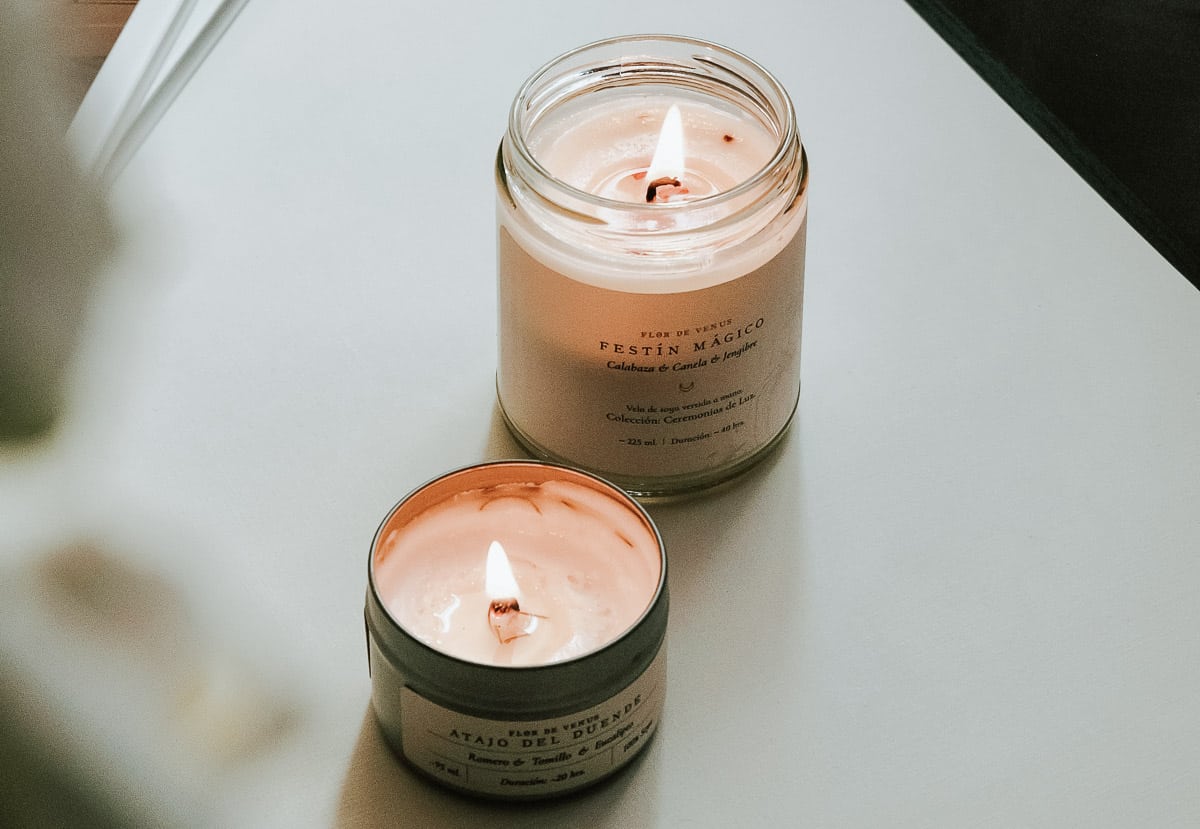
You know how there’s always a little wax left over after candles burn to the bottom of the wick? All you have to do is pour in some boiling water, and the wax will float to the top. Once it’s cooled, the wax will have hardened, making it super easy to pop out of the jar. I like to melt the leftover wax in a wax warmer so none of it goes to waste.
Don’t forget to repurpose those jars! You can use them to store candy, jewelry, cotton balls, hair accessories, spare change, and more!
Pro tip: You can get painted labels off glass jars by soaking them in apple cider vinegar for 15 minutes and then it’ll wipe right off!
Ditch Single-Use Items
Another great way you can reduce waste (and save money) is by investing in reusable kitchen items! These beeswax food wraps are a sustainable plastic wrap alternative. Bamboo travel utensils, reusable straws, and reusable water bottles are also great single-use alternatives that will save you money and reduce plastic waste too!
More Ways To Homestead In An Apartment


Compost
Composting is a great way to make sure even our scraps get put to good use! You can compost even if you don’t have a yard or outdoor space by using Bokashi boxes or worm farms.
Save Energy
Laundry
You can save energy on drying your clothes by using dryer balls. They help separate your clothes in the dryer which will allow them to dry faster. Plus, you’ll never have to buy dryer sheets again because they also reduce static!
If you want to ditch the dryer altogether, you can air dry clothes on a clothesline over the balcony or a drying rack.
Appliances
I am really bad about remembering to turn off the light when I leave a room, which is why I invested in some smart lightbulbs. I keep them on a timer so if I forget to turn them off it’s no big deal. You can also use an Echo Dot to set up timers for pretty much any other household appliance.
If you’re all about energy-saving, check out Ohmconnect (it’s totally free). They pay you to turn off your utilities during peak hours, so if you want to help out the planet and make a little money at the same time it’s definitely worth signing up!
Try New Ways Of Sourcing Food
Owning chickens and other livestock has become a popular trend even in urban homesteading households, but if you live in an apartment that probably isn’t realistic for you. Thankfully, there are lots of other ways you can source your own food without trying to hide farm animals from your landlord.
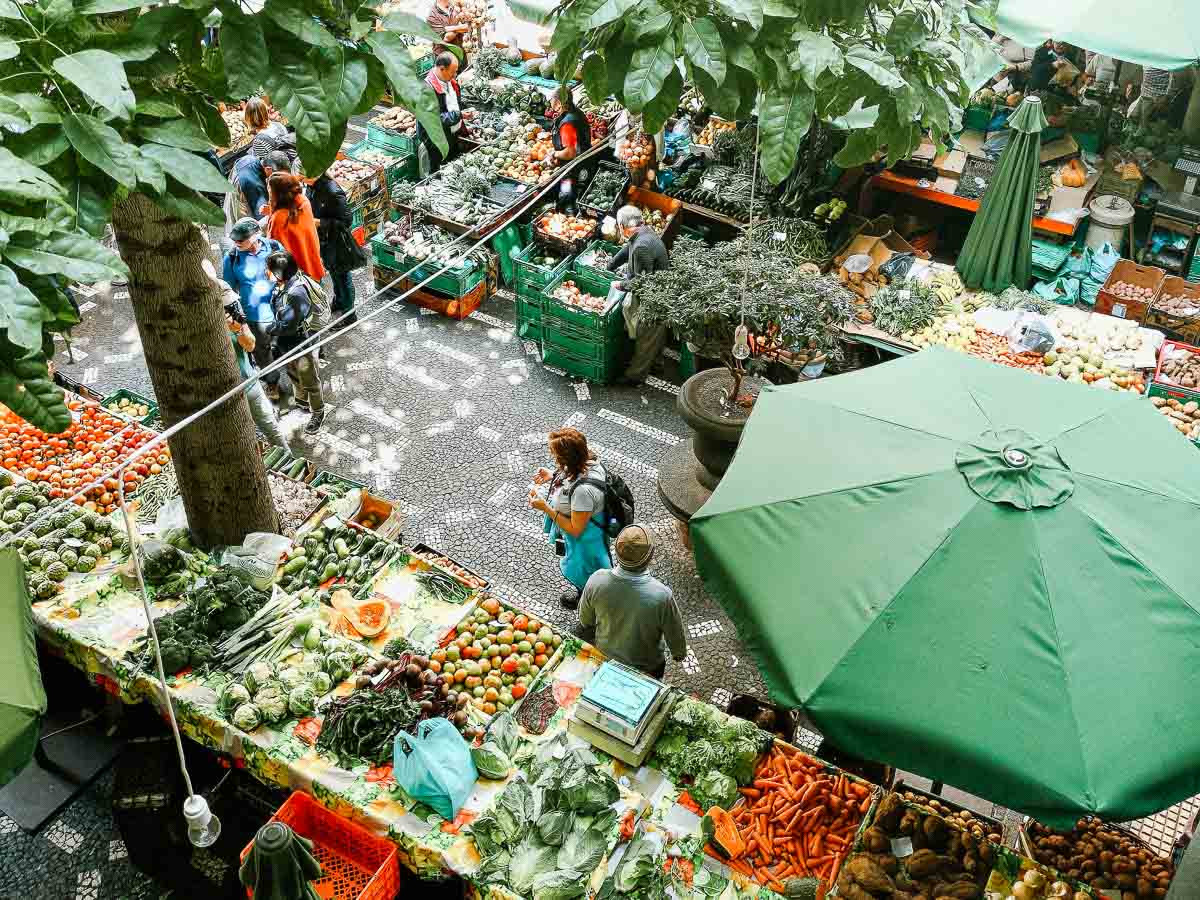
Farmers Markets
Farmers markets are a great place to find spray-free organic produce, baked goods, fresh seafood, and more. This is also a great way to get access to goods specific to your region, and a way to support local businesses.
Foraging
Foraging might sound like something you can only take advantage of if you live near a forest, but you can forage around the city too! You can use this website, Falling Fruit, to find all kinds of foraging spots in your area.
Fishing
Fishing is another great way to take food sourcing into your own hands. If there are fishing spots near you, you can get a fishing license and start catching your own food!
Community Supported Agriculture
This is something a lot of people don’t even know is available to them. I myself had never even heard of community supported agriculture until very recently. Basically, you pay farms a fee, either at the beginning of each season or in installments, in exchange for fresh, locally-grown fruits, veggies, and sometimes even meat products.
FAQ
You don’t need a house or a plot of land to implement the principles of homesteading! All you need to begin apartment homesteading is a desire to live a more self-sufficient, sustainable lifestyle. This can be as simple as conserving energy and reducing the amount of waste you produce, or as in-depth as sourcing your own food and composting your scraps. Everyone’s approach to homesteading in an urban environment can look a little different.
If you’re a homesteading beginner with no money, fear not! There are lots of ways you can start homesteading without having to spend a dime:
• Make kitchen staples like bread, yogurt, butter, almond milk, broth, and more with ingredients you probably already have!
• Reduce the amount of money you spend on herbs and vegetables by growing them yourself (even if you don’t have land.)
• Learn to DIY and make your own cleaners, decorations, beauty products, herbal remedies, and even clothes!
• Reduce waste by using up food before it goes bad, ditching single-use plastics, and using up less power.
• Find new ways to source your food like foraging, fishing, and taking advantage of Community Supported Agriculture.
🌊 If you like this guide to apartment homesteading for beginners, please don’t forget to like, share, and subscribe! If you do any of the things I recommended use the hashtag #theseasidecalls so I can share with my followers!

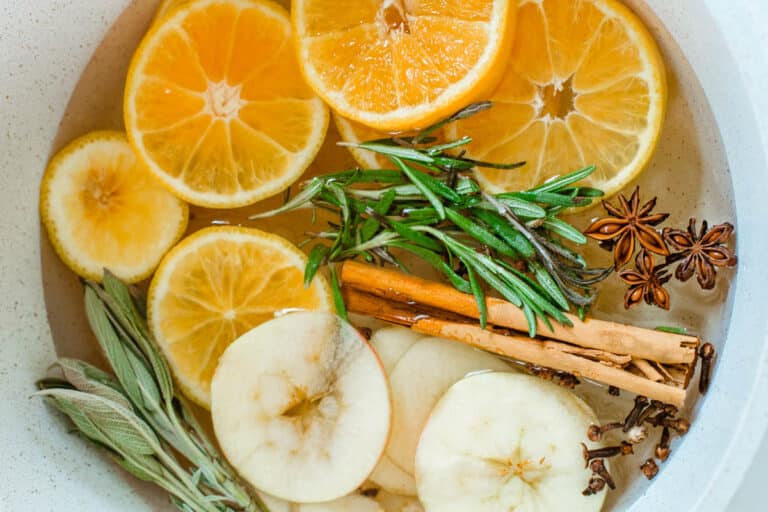
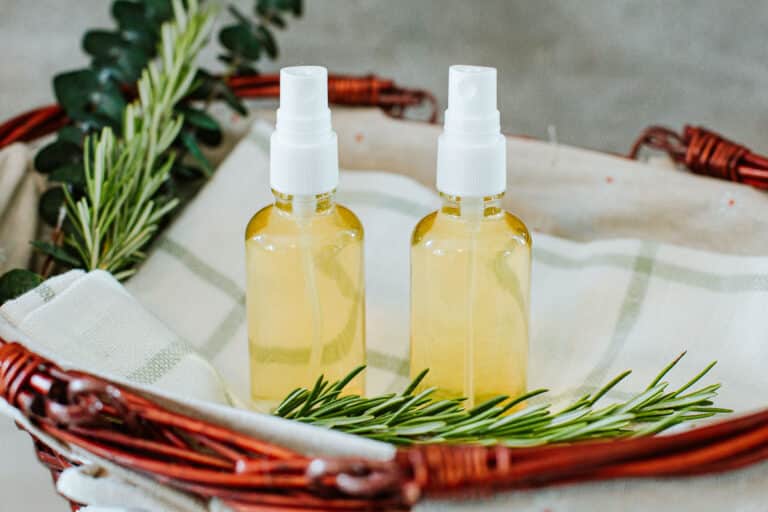
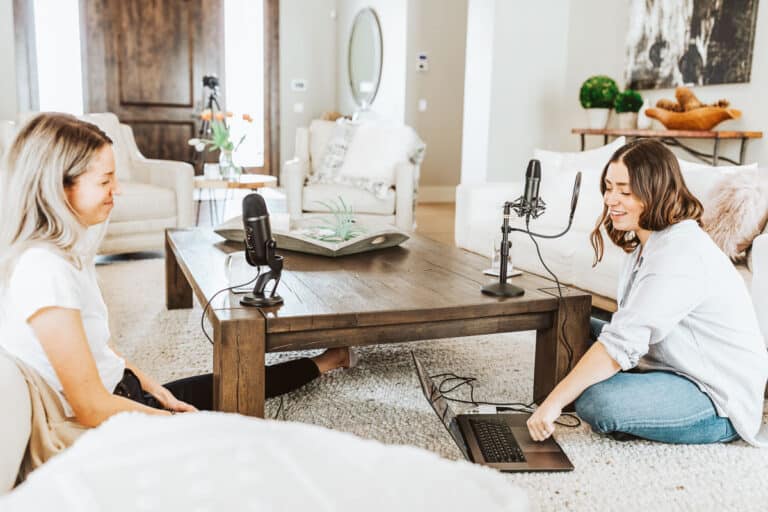

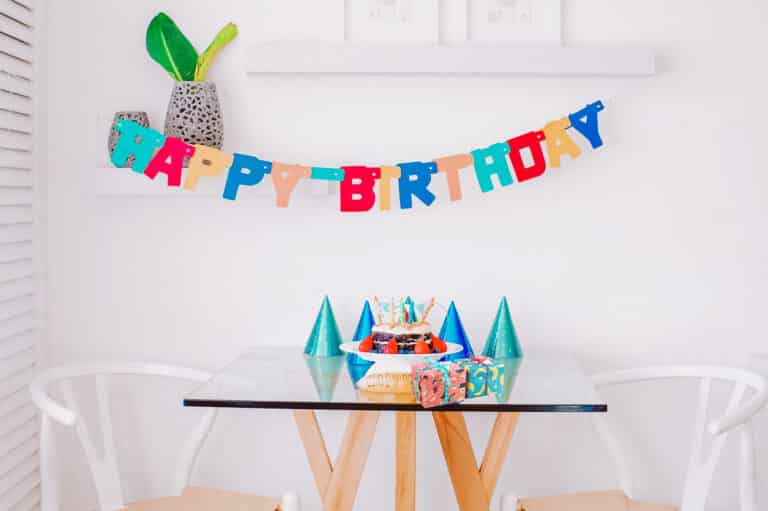

Awesome resource with lots of useful tips!
Thanks, glad to hear it!
Hi! As far as I can tell, OhmConnect does not pay you to turn off electricity during peak hours. What they do is create a personal plan to reduce your electric bill. If you live in an old apartment with baseboard heat like I do, that’s not even one of their heating type choices. They assume everyone has central heating with the ability to install a smart thermostat. Just wanted to throw that out there so people know what to expect when they sign up!
This is a great “getting started” tutorial, and the pickles are wonderful!
Thanks so much for clearing that up! Glad you liked the pickles! 😄